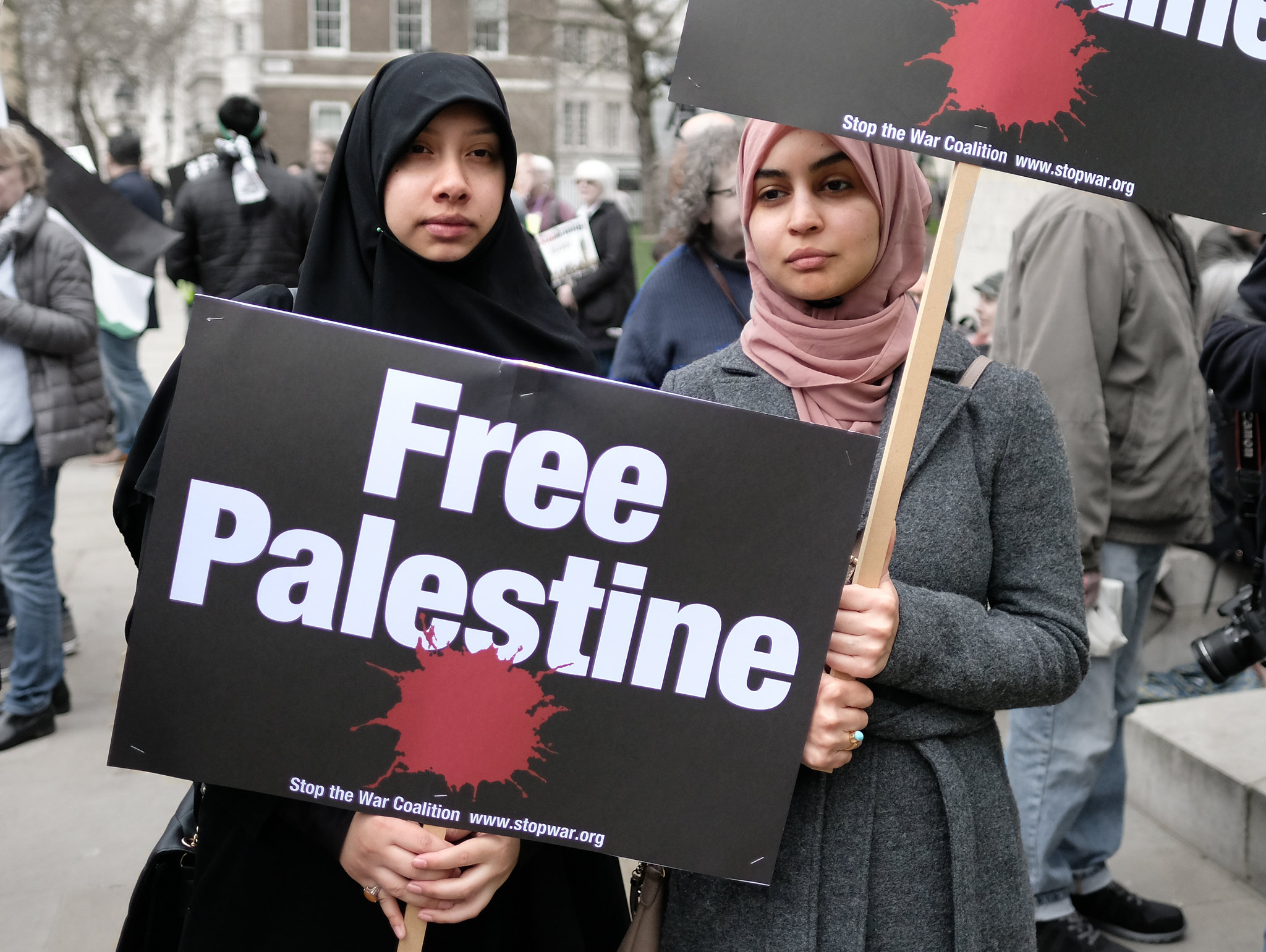
Editor’s Note: Palestinian author and journalist, Dr. Ramzy Baroud arrived to Kenya for a 10-day speaking and media tour starting June 23. Exploring the subject of intersectionality, solidarity and popular resistance, Baroud is set to speak at various universities and appear on Kenyan television and radio stations.
In 1948, my grandfather, along with thousands of Badrasawis, was expelled by Israeli military forces from our ancestral village of Beit Daras in Palestine.
Like hundreds of thousands of Palestinians from over 500 other villages, my grandfather assumed he would be back home in a few weeks. “Why bother to haul the good blankets on the back of a donkey, exposing them to the dust of the journey, when we know that we will return to Beit Daras in a week or so?” he asked my bewildered grandmother, Zeinab.
Beit Daras was located 32 kilometers north-east of the Gaza Strip, perched between a large hill and a small river that seemed never to run dry. A massacre took place as people fled the village. Houses were blown up, and wells and granaries sabotaged.
A peaceful village, that had existed for millennia, was completely destroyed with the intention of erasing it from existence. In its place now stands the Israeli towns of Giv’ati, Azrikam, and Emunim. The life of those Israeli towns is based on the death of our village.
Seventy years later, we have still not returned. Not just the Badrasawis, but millions of Palestinians, who are scattered in refugee camps all across the Middle East and a growing diaspora globally. Our good blankets have been lost forever, replaced with endless exile and dispossession.
The occupation of Palestine is not a “conflict” – as the Israelis like to present it. Israel is a colonial power that is ethnically cleansing an entire indigenous population in order to legitimize and grow its colony.
And like all people, we Palestinians have the right to resist colonial domination and occupation. This is an inalienable right enshrined in international law.
It is this right that justified Africa’s anti-colonial struggles and wars of liberation in the 1950s and 1960s, the American Revolution and the Cuban Revolution. This right also legitimates Palestinian resistance – whether that resistance is through the Boycott, Divestment and Sanctions (BDS) Movement, prosecution of Israeli war criminals at the International Criminal Court, or through armed struggle.
Dedan Kimathi is celebrated as a hero to Kenyans because of his resistance to – not because of his subservience to – colonialism and occupation. The Mau Mau rebellion is a source of inspiration – not just for Kenyans – but for all of humanity.
Israel will claim its occupation of Palestine is self-defense; that its demolition of Palestinian homes, detention without trial policies, construction of illegal settlements, theft of Palestinian land in the West Bank and East Jerusalem, and restrictions on Palestinian freedom of movement, are necessary for ‘security’. Israeli security and peace cannot be built on injustice and occupation – at the expense of Palestinian security, justice, dignity and peace. The life of one group should not be based on the death of the other.
Israeli military strikes on Palestinian targets in the Gaza Strip are always portrayed as a “response” to Palestinian fire. But Palestinian fire is never contextualized. It is never “in return” for the cruel, years-long Israeli siege that has systematically destroyed Gaza’s economy and subjected an entire generation of Palestinian children to malnutrition-related deficiencies.
It is never “in return” for decades of devastating military occupation of Palestinian land and life. Fire from Gaza is never “in return” for the continued dispossession of historic Palestine which made most of the population in Gaza refugees in the first place.
The Palestinian liberation struggle is simply dismissed as “terrorism”. The word “terrorism” is readily applied to Palestinian individuals or groups who use homemade bombs, but never to a nuclear-armed Israeli state that has used white phosphorous, DIME bombs, and other internationally-prohibited weapons against Palestinian civilians.
What is happening in occupied Palestine is incremental genocide – not self-defense. Israel is asking the Palestinian people to let their freedom die so that the Israeli people can live.
Submit or fight. These were the two choices facing Kenyans during your anti-colonial struggle. Like you, we Palestinians have also chosen to fight for our dignity – for ourselves and our children. We will not let our dream of freedom die.
For me, Beit Daras is not just a piece of earth but a perpetual fight for justice that shall never cease, because the Badrasawis belong to Beit Daras and nowhere else.
Israel can no longer rationalize its oppression of Palestinians by blaming Palestinians who exercise their natural and internationally recognized right to resist occupation and colonialism.
We will continue to resist Israeli colonialism, armed with our rights and international law.
(A version of this article first appeared in The Star)
– Ramzy Baroud is a journalist, author and editor of Palestine Chronicle. His last book is ‘The Last Earth: A Palestinian Story’ (Pluto Press, London). Baroud has a Ph.D. in Palestine Studies from the University of Exeter and was a Non-Resident Scholar at Orfalea Center for Global and International Studies, University of California Santa Barbara. His website is www.ramzybaroud.net
